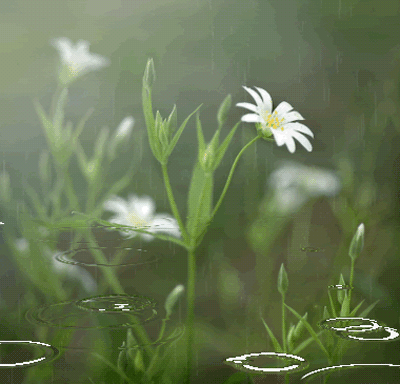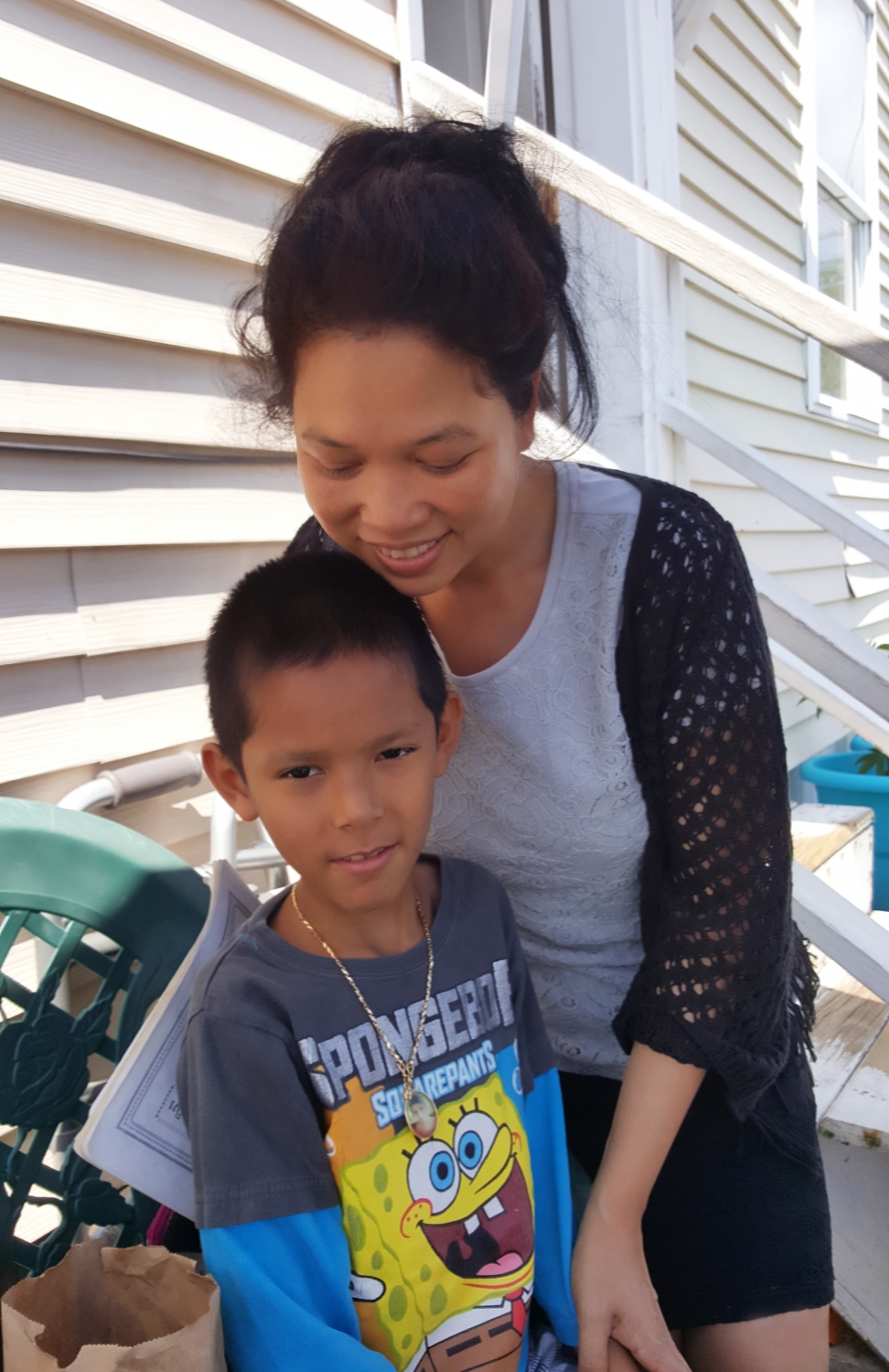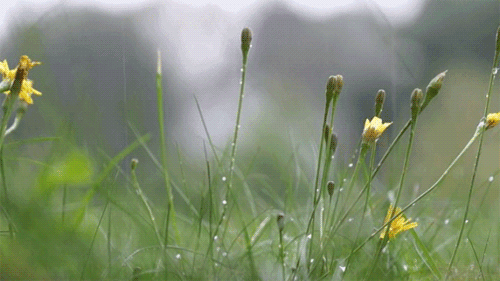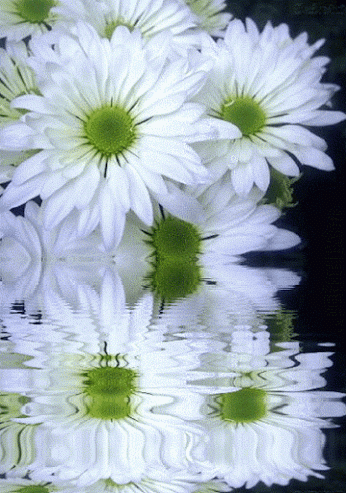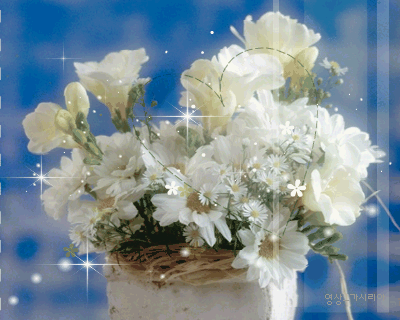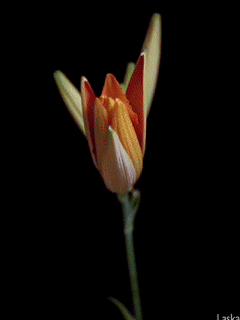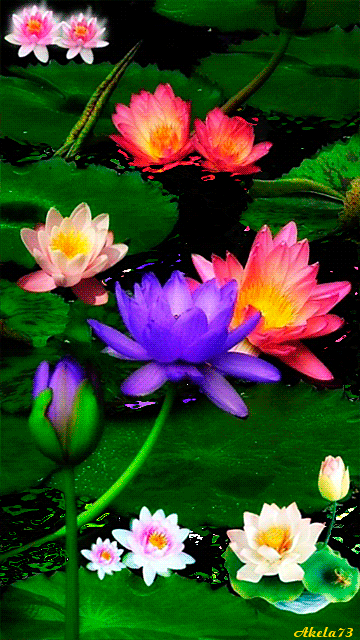-
Comment August 5, 2017
-
It’s about being a good hearted person…
Comment August 4, 2017 -
Compassionate world
Comment July 29, 2017The most exalted example Buddhists use to explain compassion is motherhood. Consider all that your mother probably has done for you since the time you were conceived — carrying you for 9 months, experiencing the hardship of labor and birth, feeding and clothing you, taking care of all your needs, and worrying about you long after you reach adulthood. Most mothers never stop caring unconditionally for their children. Regardless of whether one believes in reincarnation or not, one can suppose that all living beings are like mothers to us. The food that appears in front of us at dinner was grown, packaged, and prepared by people we probably do not know. The clothes we are wearing were produced by people we probably will never meet. Yet we are benefiting from their hopes, dreams, and labor. Plants, animals, and raw materials have all been used to provide us these things. This is the interdependence that characterizes life — no one thing exists by itself alone, or can survive alone. We are all part of one world ecology and the world is extremely compassionate to us.
-
Without being aware of it
Comment June 22, 2017 -
To become free…
Comment June 22, 2017I used to think that to become free you had to practice like a samurai warrior, but now I understand that you have to practice like a devoted mother of a newborn child. It takes the same energy but has a completely different quality. It’s compassion and presence rather than having to defeat the enemy in battle. ~Jack Kornfield
-
The emotional wisdom of the heart is simple
Comment June 21, 2017The emotional wisdom of the heart is simple. When we accept our human feelings, a remarkable transformation occurs. Tenderness and wisdom arise naturally and spontaneously. Where we once sought strength over others, now our strength becomes our own; where we once sought to defend ourselves, we laugh. ~Jack Kornfield
-
Who is your protector?
Comment June 21, 2017by 17th Karmapa
We tend to think of the Buddha as someone with great powers – a kind of Superman with superpowers who will come to protect us and save us when something terrible happens. But who is the real superhero? You are. Superman is not the Buddha. You are. Who is your protector? You are. What is your greatest power? It is the power of your noble motivations. Karmic cause and effect teaches us that each one of us is a person with tremendous power to change the world. Therefore, you should value yourself and trust in your own abilities. This is a key point in order to be able to take up great responsibilities, through your noble aims and intentions.
For this reason, we should not always be expecting something outside ourselves to intervene, as if we were entreating the buddhas and bodhisattvas, “Please bless me so that good things happen to me.” We make continual requests to the teacher or lama to grant us their blessings. But sometimes the lama’s battery is finished! So many people want to recharge from the lama that even the biggest battery can run down. There are also people who did something good in the past and now expect something good to be done to them.
I think it is very important not just to wait for the external buddhas and teachers. We also need to understand that we have an inner Buddha or an inner teacher. That means we need to be the ones who make the effort. We need to create the opportunities, or produce the good energy, without always waiting for someone to arrive and intervene from the outside. I think it is very important to produce this by yourself, because, actually, you are the Buddha. Not such an effective buddha, perhaps, but… a buddha, a small Buddha. Our Buddha is like a child, not yet grown up enough to do more, so we need to nurture our inner Buddha, our child Buddha.
-
Letting go is not the same as aversion
Comment June 19, 2017Letting go is not the same as aversion, struggling to get rid of something. We cannot genuinely let go of what we resist. What we resist and fear secretly follows us even as we push it away. To let go of fear or trauma, we need to acknowledge just how it is. We need to feel it fully and accept that it is so. It is as it is. Letting go begins with letting be. ~Jack Kornfield
-
When hate is gone
Comment June 19, 2017 -
Live in joy, luminosity, and peace
Comment June 19, 2017


